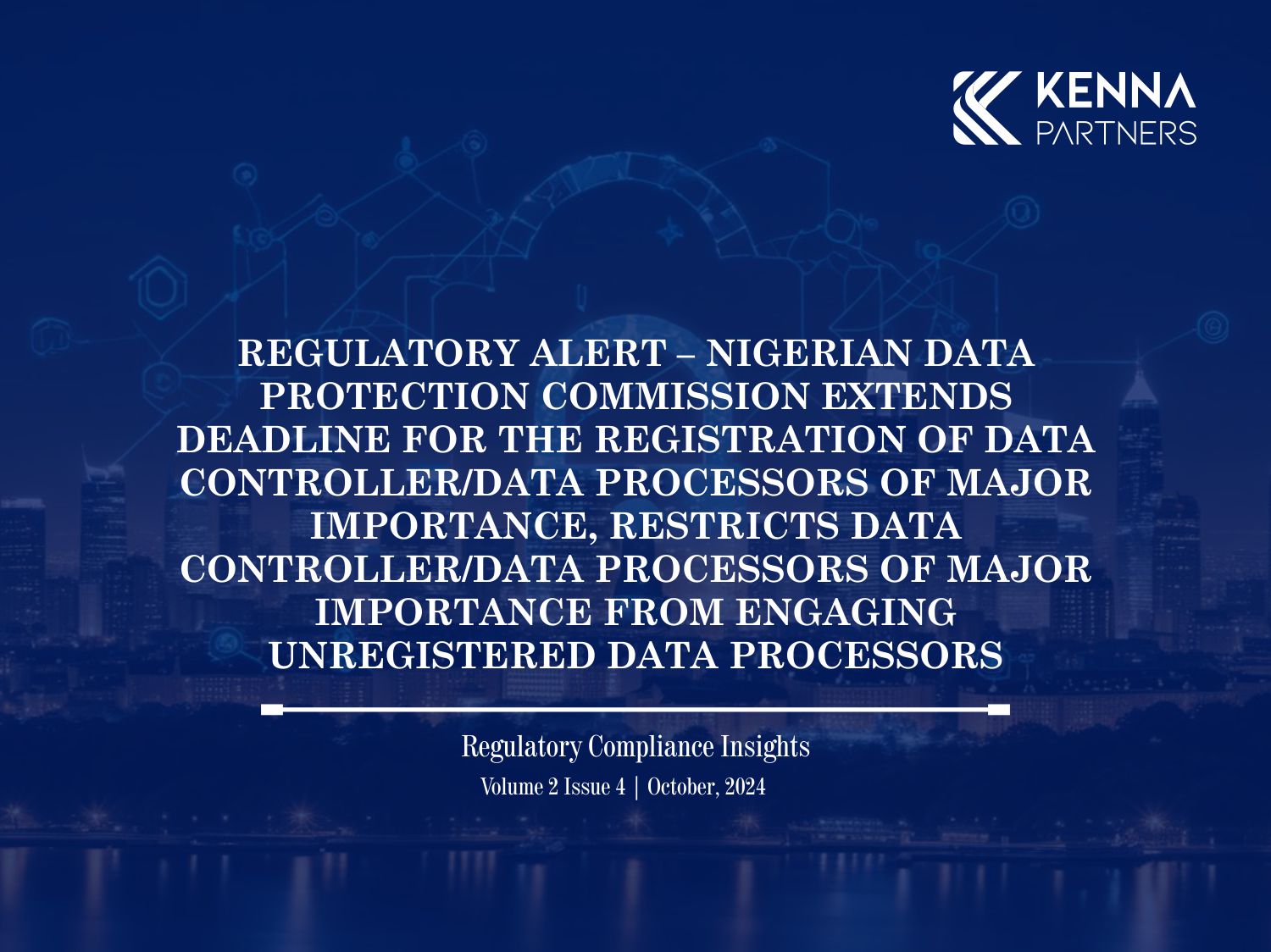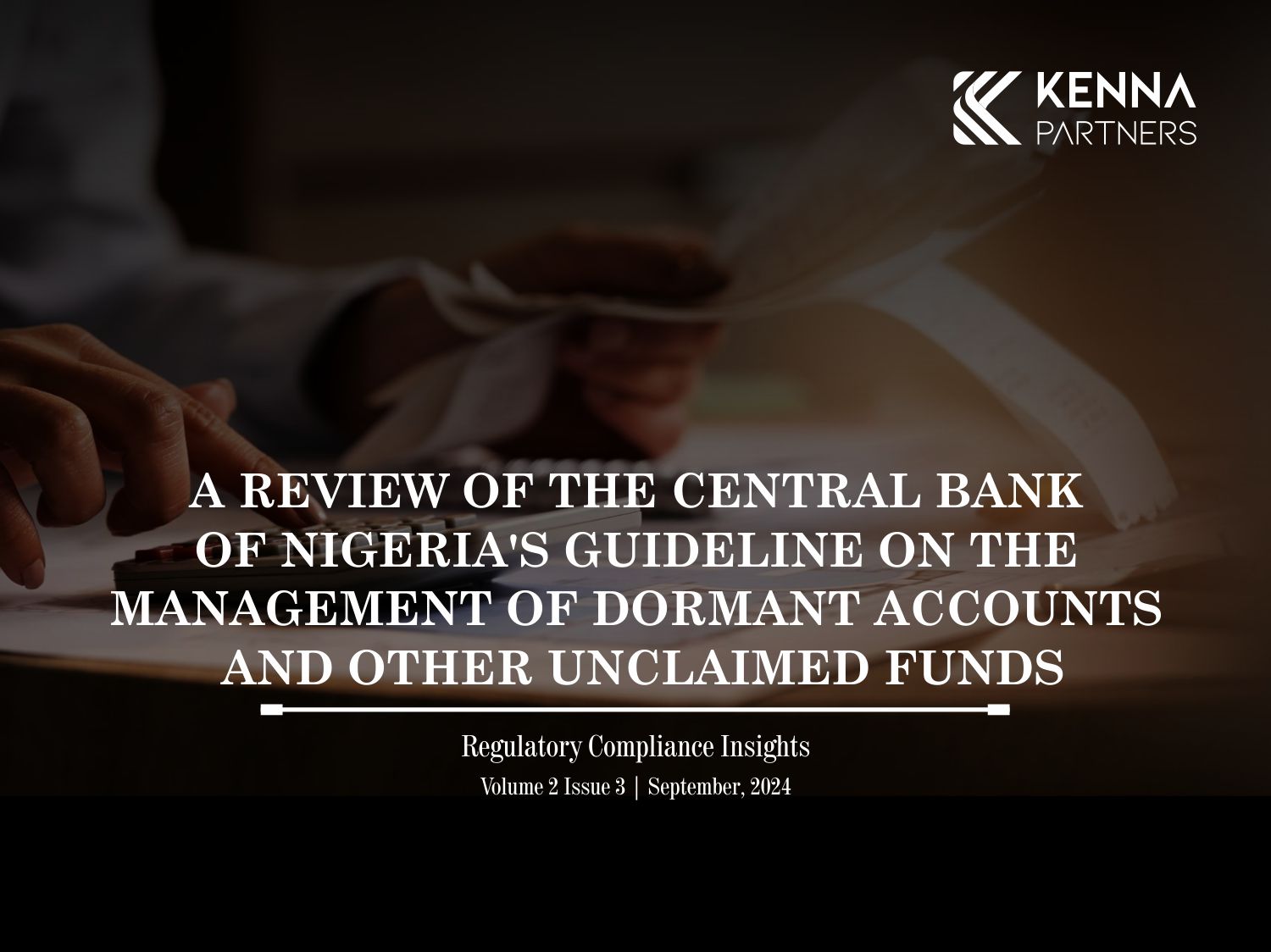

The procedure for recovery of premises in Nigeria is predominantly set out in the Recovery of Premises Act 1945 CAP 544, LFN 2004, the Recovery of Premises Laws of respective states of the Federation and relevant subsidiary legislations made pursuant to or in furtherance of these legislations. Furthermore, the subject has been sufficiently pronounced upon by Courts of Superior record in a plethora of cases and one of the notable decisions on the subject of recovery of premises in Nigeria, particularly on the subject of the determination of tenancies is the locus classicus case of Iheanacho v Uzochukwu,2 wherein the Supreme Court of Nigeria set out the procedure for recovery of premises.
In Iheanacho v Uzochukwu (Supra), the Court stated (amongst others) that in an instance where tenancy has not expired, the landlord shall begin the process of determining the tenancy by serving the appropriate notice to quit on the tenant, followed by a 7 days’ notice of intention to apply to court to recover possession of the premises. If upon exhaustion of the foregoing steps the tenant is still in the property, the landlord may thereafter file an action in court with the goal of recovering the property in question. This has been the settled approach to the recovery of premises in Nigeria (of course with minimal modifications, depending on the rarely different provisions of the statute in force where the property is situated).
However, in 2022, the Court of Appeal in Bankole & Anor v. Oladitan3 took a different turn and it appears to have deviated from judicial precedent set by the Supreme Court of Nigeria on the service and effect of statutory notices, in relation to recovery of premises. The decision in Bankole & Anor v. Oladitan (supra) has given rise to several debates and this article concisely examines the implication of the decision of the Court, amongst other incidental issues of legal significance.
No results found.


On July 19, 2024, the Central Bank of Nigeria (CBN) issued the revised guideline on the management of Dormant Accounts and other Unclaimed Funds. This

On May 13, 2024, the Nigerian Upstream Petroleum Regulatory Commission (NUPRC) announced the commencement of the 2024 Nigeria Petroleum Licensing Round and the resumption of
